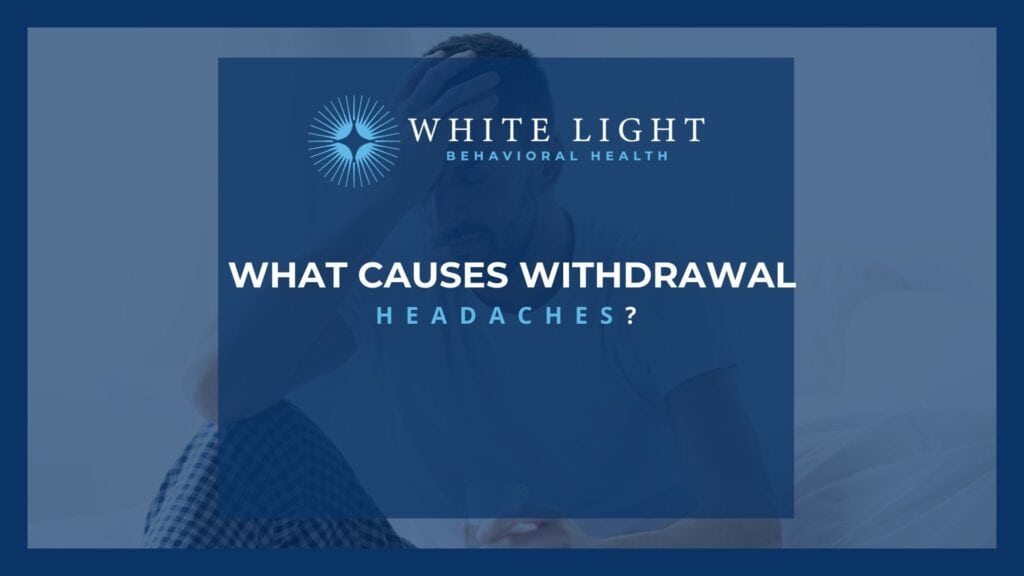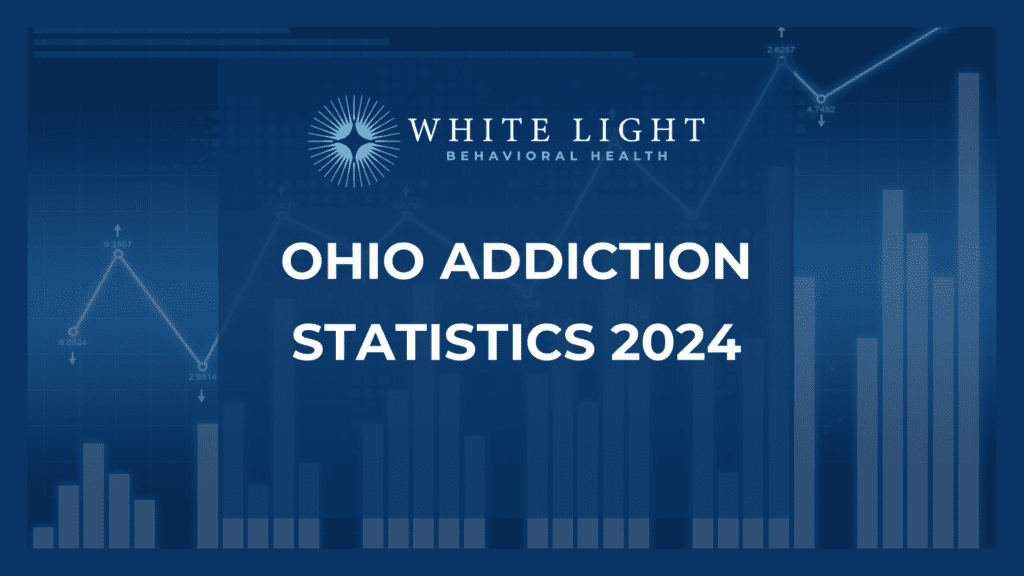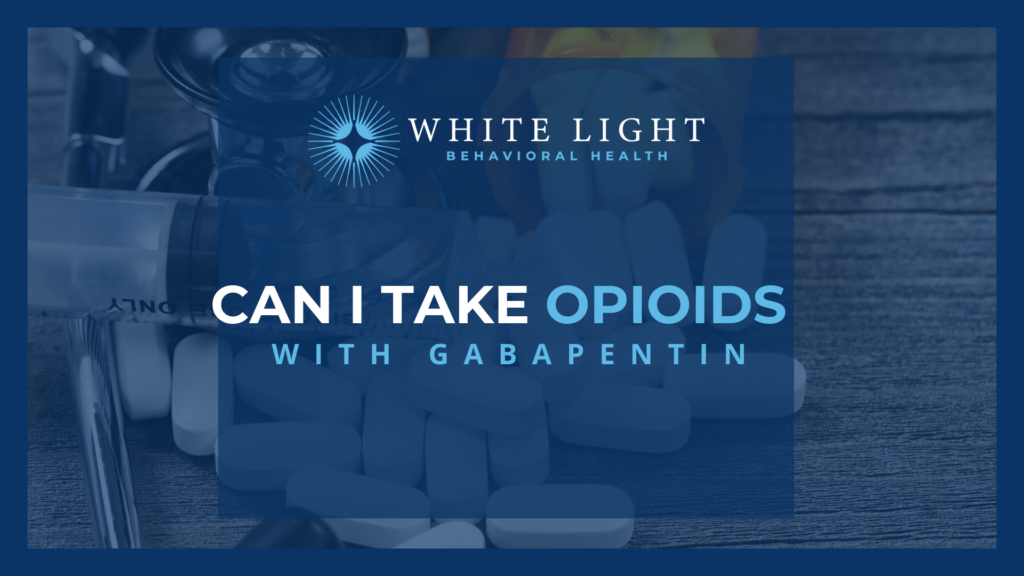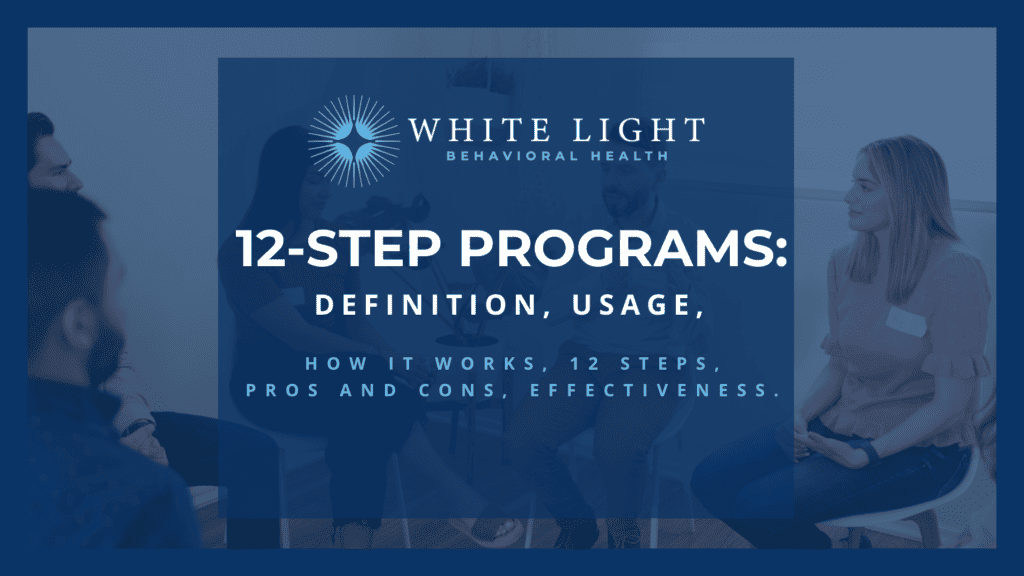Understanding Withdrawal Headaches: Causes, Symptoms, and Treatment
Withdrawal headaches are one of the most common withdrawal symptoms associated with certain drugs, including alcohol and opioids. These headaches can range from mild to severe in intensity and typically occur as a result of discontinuing the use of certain medications.
The symptoms may include tension, migraine, throbbing or pounding headaches. Although the cause of these headaches is unknown, it is believed to be due to changes in neurotransmitters after stopping a particular drug.
Drugs That Can Lead To Withdrawal Headaches
Common drugs that can lead to withdrawal headache symptoms include opiates, barbiturates, alcohol, and benzodiazepines. Opiates such as codeine, hydrocodone, oxycodone, and heroin can all lead to withdrawal headache symptoms.
These drugs work by altering how our brains produce and use endorphins, natural feel-good chemicals that provide us with feelings of relaxation and euphoria.
When we become dependent on these substances, the body no longer produces its endorphins naturally, disrupting normal brain function when the drug is stopped suddenly, leading to withdrawal headache symptoms.
Barbiturates
Such as phenobarbital, secobarbital, and pentobarbital sodium are used as sedatives and hypnotics for various medical conditions. But have been known to lead to withdrawal headache symptoms if discontinued suddenly.
They also act upon our central nervous system affecting serotonin levels which help regulate mood and emotion when balanced. Still, when suddenly taken away, the brain cannot keep up, resulting in uncomfortable symptoms such as headaches.
Alcohol
Alcohol abuse has been linked to many health problems. Still, when suddenly taken away, users may experience a rebound phenomenon called delirium tremens (DTs), where physical complications like seizures may arise along with psychological issues like hallucinations which often are accompanied by withdrawal headache symptoms.
It’s important to seek medical assistance immediately if you or someone else begins experiencing these potentially dangerous side effects from discontinuing alcohol abruptly.
Benzodiazepines
These are psychoactive drugs commonly used for treating anxiety disorders or insomnia. Still, they can also be misused for recreational purposes leading to a dependency on them over time.
Making it difficult for individuals to discontinue usage without experiencing any unpleasant side effects such as withdrawal headache symptoms or even rebound insomnia or anxiety depending on the severity of their abuse/dependence pattern.
It’s essential for individuals who suffer from addiction issues related to medications/substances to receive adequate treatment through detox. But also engage in follow-up treatments and support group meetings to help minimize their chances of relapse.
Causes of Headaches During Withdrawal
Headaches during detox can be a common occurrence and are usually due to the body releasing toxins to rid itself of the harmful substances in everyday foods.
As the body tries to detoxify, these toxins can cause uncomfortable side effects like headaches. There are several different reasons why one might experience headaches during detox.
Dehydration
One of the most common causes of headaches during detox is dehydration. Detoxification often involves consuming less fluid than usual as part of an effort to help cleanse the body from any harmful components.
While this reduction in fluid intake may lead to beneficial results, it can also mean that the body does not get enough hydration to keep it healthy and functioning properly. When this occurs, it is common for people to experience a headache.
Drugs or Alcohol Consumed
Headaches during detox could be related to withdrawal symptoms from drugs or alcohol that may have been consumed before beginning a detox program.
When someone quits drinking or using drugs suddenly, they may suffer from withdrawal symptoms, including irritability, anxiety, fatigue, and headaches.
These headaches can often be alleviated with adequate hydration and rest but should be monitored closely so that any changes in symptoms can be addressed immediately.
Change of Diet
The removal of certain types of food items can also lead to headaches during a detox period. If someone has been accustomed to eating certain high-sugar or processed foods, abruptly removing them from their diet could trigger a type of physical shock that leads to headaches as the body adjusts and finds balance again.
This process typically resolves itself within a few days after completing the detox. However, consulting with a medical professional beforehand may help alleviate some of these issues by advising on what foods are safe for consumption while attempting a detox plan.
It is also possible for vitamins or minerals to become imbalanced due to going through a detoxification process which could also cause headaches or other physical side effects if left unchecked or ignored over time.
How Long Does It Take for Withdrawal Headaches Last?
The amount of time it takes for withdrawal headaches to go away will depend on various factors, such as the length of time an individual was using a particular drug and their current physical state upon stopping its use.
Experts agree that most people will feel significant relief within 1-2 weeks after discontinuing the use of any combination of substances mentioned above.
However, this process may take up to a month or longer for some individuals who have become highly dependent upon them over an extended period. On the flip side, proper self-care during this time is essential to speed up recovery.
Self-care Tips include:
- Adequate hydration with water or electrolyte-filled drinks
- Maintaining healthy eating habits; exercising regularly
- Avoiding excessive stressors; getting enough sleep
- Meditating or doing other forms of relaxation exercises
- Talking with friends or family members
- Engage in fun activities such as creative pursuits, listening to music, and reading books
All these measures can help make withdrawal much more bearable for those going through it and improve their overall quality of life afterward, too!
Start Your Recovery Journey Today
At White Light Behavioral Health, we are dedicated to helping you in your journey toward recovery. Our trained staff of professionals is available to assist you every step of the way by working closely with you to find solutions that best fit your recovery needs. We aim to help you achieve the highest health and wellness possible to live a life full of joy and happiness.

Share This Post



